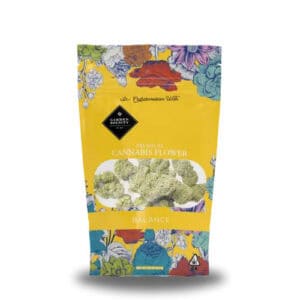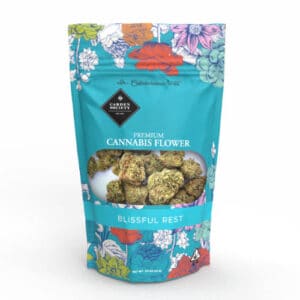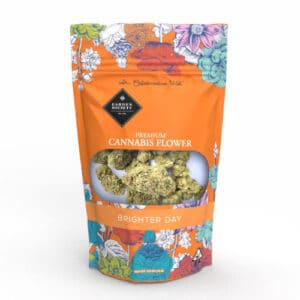Flower
Flower
Showing 1–16 of 108 resultsSorted by price: high to low
Showing 1–16 of 108 resultsSorted by price: high to low
-


Headband 14g
Ounce Deal (2x) - Save $20
Headband 14g
Hybrid | CaryophylleneTHC 25.67%$120 / 14g0 out of 5$120.00 Add to cart -


Sherb Cream Pie 14g
Ounce Deal (2x) - Save $20
Sherb Cream Pie 14g
Indica | LimoneneTHC 25.83%$110 / 14g0 out of 5$110.00 Add to cart -

Blue Nerdz 14g
Ounce Deal (2x) - Save $20
Blue Nerdz 14g
Hybrid | LimoneneTHC 32.80%$110 / 14g0 out of 5$110.00 Add to cart -


Mic Drop 14g
Ounce Deal (2x) - Save $20
Mic Drop 14g
Indica | CaryophylleneTHC 37.21%$100 / 14g0 out of 5$100.00 Add to cart -


Banana Graffiti 14g
Ounce Deal (2x) - Save $20
Banana Graffiti 14g
Hybrid | TerpinoleneTHC 22.73%$100 / 14g0 out of 5$100.00 Add to cart -


La Runtz 14g
Ounce Deal (2x) - Save $20
La Runtz 14g
Hybrid | CaryophylleneTHC 31.61%$100 / 14g0 out of 5$100.00 Add to cart -


Biscotti 14g
Ounce Deal (2x) - Save $20
Biscotti 14g
Indica | LimoneneTHC 24.08%$100 / 14g0 out of 5$100.00 Add to cart -


Space Lemonade 14g Smalls
Ounce Deal (2x) - Save $20Space Lemonade 14g Smalls
Hybrid | LimoneneTHC 29.87%$100 / 14g0 out of 5$100.00 Add to cart -


Pink Runtz 14g Smalls
Ounce Deal (2x) - Save $20Pink Runtz 14g Smalls
Hybrid | LimoneneTHC 29.60%$100 / 14g0 out of 5$100.00 Add to cart -


Dreamland 14g Smalls
Ounce Deal (2x) - Save $20Dreamland 14g Smalls
Indica | LimoneneTHC 27.81%$100 / 14g0 out of 5$100.00 Add to cart -


Mom’s Weed 14g
Ounce Deal (2x) - Save $20
Mom’s Weed 14g
Hybrid | CaryophylleneTHC 30.95%$100 / 14g0 out of 5$100.00 Add to cart -


Kush Mints 14g
Ounce Deal (2x) - Save $20Kush Mints 14g
HybridTHC 26.75%$85 / 14g0 out of 5$85.00 Add to cart -


Carbon Fiber 14g
Ounce Deal (2x) - Save $20Carbon Fiber 14g
Hybrid | CaryophylleneTHC 24.09%$85 / 14g0 out of 5$85.00 Add to cart -


Key Lime Jack 14g
Ounce Deal (2x) - Save $20Key Lime Jack 14g
SativaTHC 25.18%$85 / 14g0 out of 5$85.00 Add to cart -


Papaya Punch 14g
Ounce Deal (2x) - Save $20
Papaya Punch 14g
IndicaTHC 28.40%$80 / 14g0 out of 5$80.00 Add to cart -


Mystic Lights 14g
Ounce Deal (2x) - Save $20Mystic Lights 14g
Hybrid | CaryophylleneTHC 28.49%$80 / 14g0 out of 5$80.00 Add to cart
